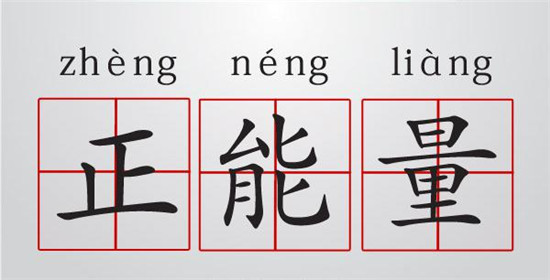


(File photo)
"Chinese dream" and "E-commerce" along with other eight words have the strongest impact of new words appearing in the past 10 years, according to a report released by a language supervision and research institute.
A total of 424 words including "New normal", "APEC blue", "Low-level officer, huge corruption" "Shanghai-Hong Kong Stock Connect program", "Ice bucket challenge", "WeChat Hongbao" are listed in new words of 2014, according to the report “Language Situation in China, 2014” by the China National Language Supervision and Research Institute.
The power of new words are evaluated by indicators such as frequency of use, circulation of use and development trends, according to Beijing Language and Culture University professor Yang Erhong.
Top 10 most impactful new words in 2014 are Weibo (Chinese version of Twitter), Chinese dream, WeChat, positive energy, e-commerce, post-80s/90s, affordable housing, big data, minor vacation and high-speed rail.
Frequently used words reflect hot social issues of the year, said Yang. "Rule of law" was a hot item in 2014 while "The Eight Rules" was hot in 2013.
Furthermore, new words of the year record changes of a society during the year.
"New normal" indicates that China's economic development has entered a new level, and “Shanghai-Hong Kong Stock Connect program" shows that the mainland stock market moves towards global access. "One belt, One road" opens a window for trade between China and involved countries while "APEC blue" shows Chinese hope for a greener environment.
Experts from the institute also said that the society reached a consensus to govern vulgarity of internet words and to regulate usage of internet language.
According to the report 31 provinces, cities and regions in China have worked out provincial laws on language. Guidelines for the use of English in public service areas have also been put into use officially which will regulate translations in public places, according to Tian Lixin, an official in charge of language from China's Ministry of Education.
 Photos of beautiful teacher hit the Internet
Photos of beautiful teacher hit the Internet Transparent Over-cliff Path Cracked Suddenly, Causing Panic among Tourists
Transparent Over-cliff Path Cracked Suddenly, Causing Panic among Tourists Bride-to-be tries to save drowned man while taking wedding photos
Bride-to-be tries to save drowned man while taking wedding photos Models change clothes on street in Hangzhou
Models change clothes on street in Hangzhou Night life in Qingdao
Night life in Qingdao In pics: army beauties across world
In pics: army beauties across world Winding mountain road
Winding mountain road
 Math teacher makes 'solar powered electric car'
Math teacher makes 'solar powered electric car' Heavy traffic turns expressway into huge parking lot
Heavy traffic turns expressway into huge parking lot Top 20 hottest women in the world in 2014
Top 20 hottest women in the world in 2014 Top 10 hardest languages to learn
Top 10 hardest languages to learn 10 Chinese female stars with most beautiful faces
10 Chinese female stars with most beautiful faces China’s Top 10 Unique Bridges, Highways and Roads
China’s Top 10 Unique Bridges, Highways and Roads Leading the blind
Leading the blind Molding mathletes
Molding mathletes PLA prowess persists without tough talk
PLA prowess persists without tough talk Corn price plummet hits farmers’ income
Corn price plummet hits farmers’ incomeDay|Week